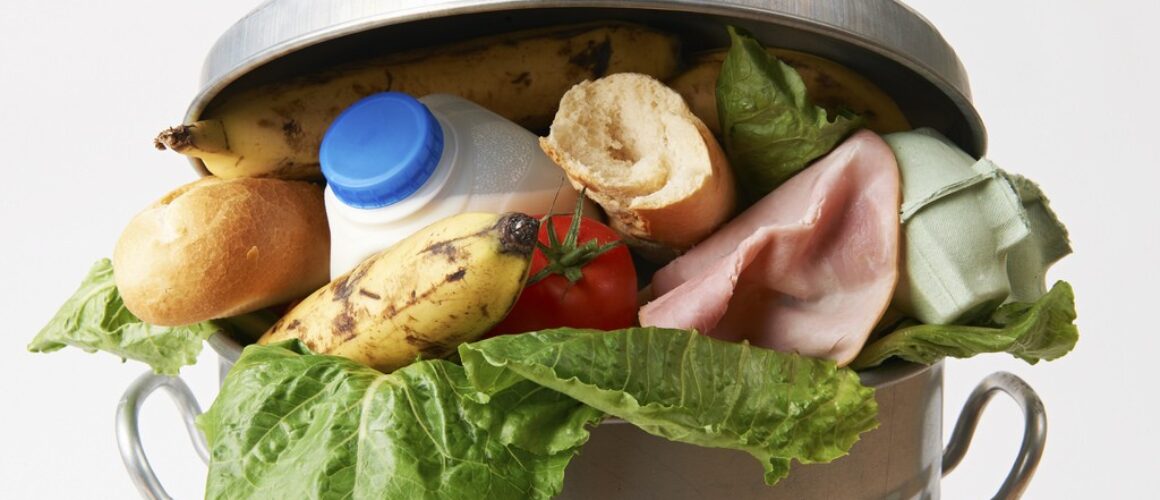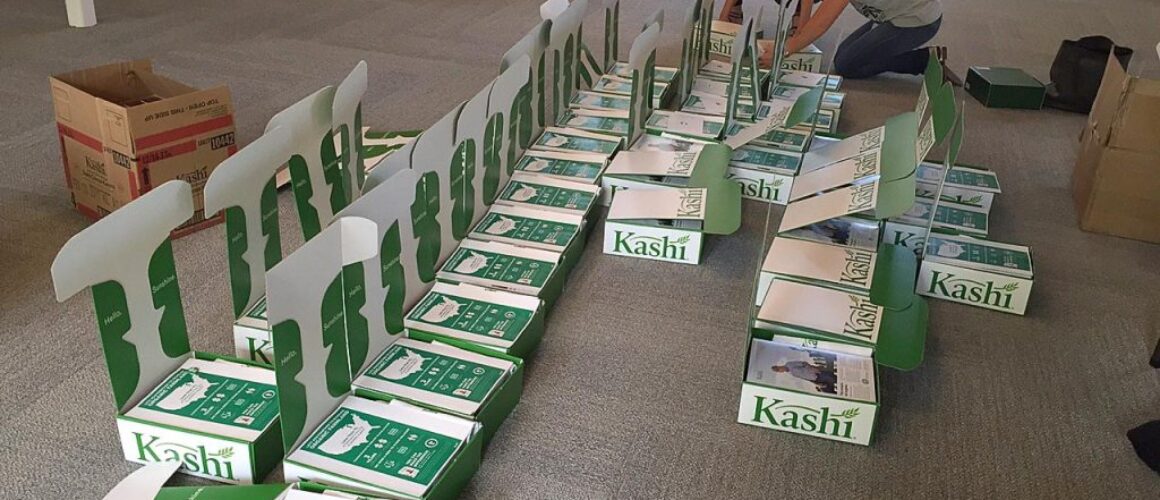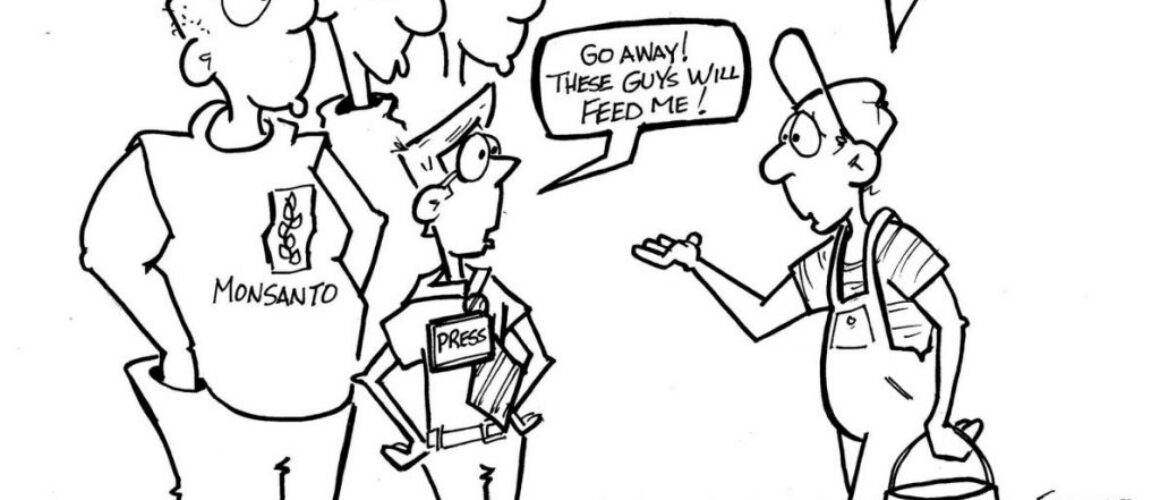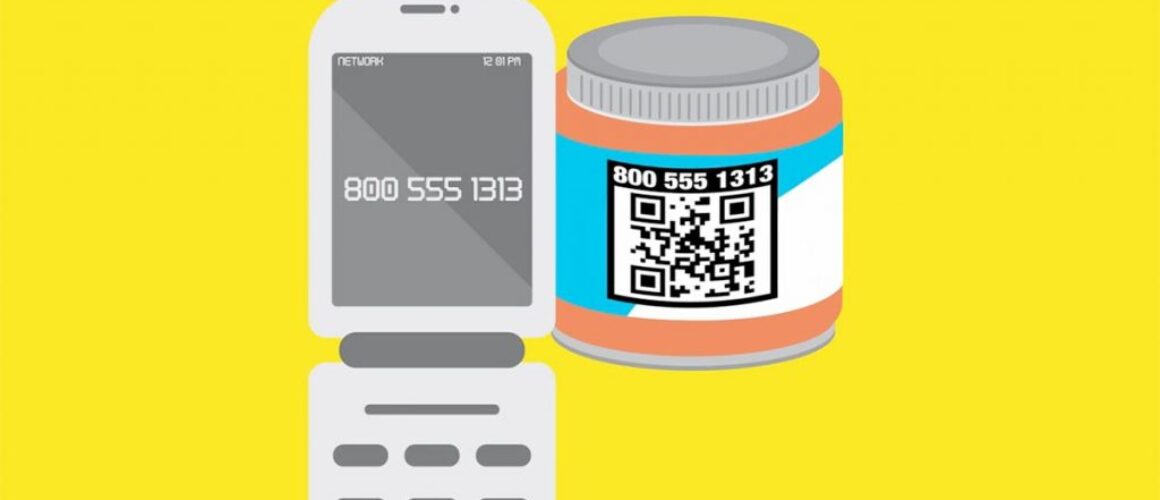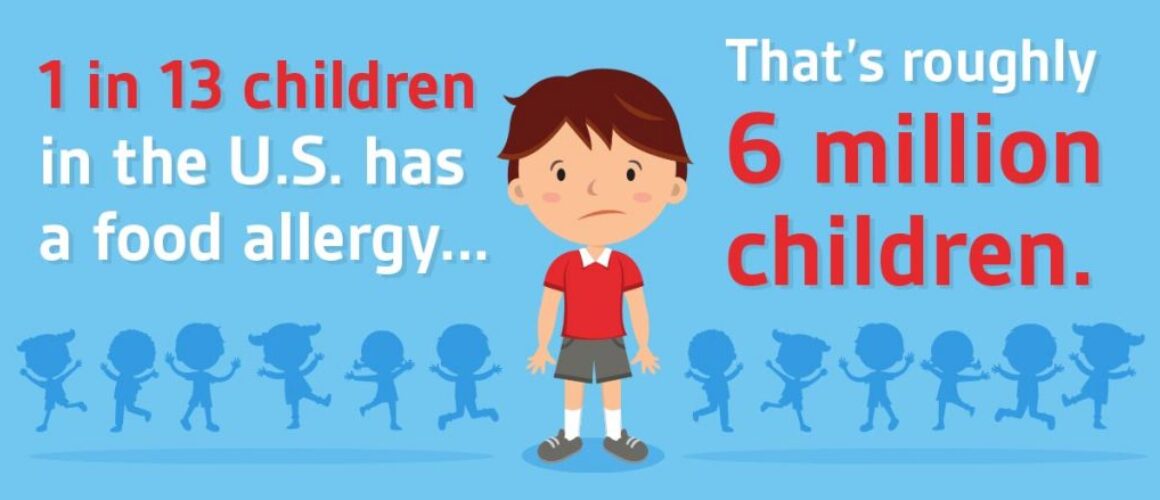Got Stress? Meet the Magic Mineral Magnesium
Life can get absolutely crazy, especially if you have kids.
We have four of them, three teenagers and a pre-teen. I’ve made it this far, which is a good sign! But the ninja skills required to coordinate the moving parts of four kids and a husband, on top of the work and every other obligation, requires an incredible focus and the fact that I cannot afford to get sick.
I didn’t always operate this way. I lived on diet soda and fat-free food (if you can call it that) for years. I had a tendency to run hard, play hard and drive myself straight into the ground. I’d crash. Total wipe out.
And then when the health of my kids were hit with different conditions, conditions now impacting so many children today, I had to reassess. I had to keep my family healthy, and I could not afford to go down.
My background is finance and motherhood. I was a straight A, MBA number cruncher. I knew nothing about food and began reaching out to doctors, pediatricians and dietitians to learn.
There have been a lot of things that have surprised me along the way, but I think one of the most surprising things continues to be that some of the easiest solutions are right in front of us. Things like reducing exposure to pesticides, artificial dyes, GMOs, since we don’t know the long-term impact.
But one day, sitting in the pediatrician’s office, he asked, “Do you guys take magnesium?” We were there because one of the kids was dealing with a bullying situation at school, and the stress was high.
“No, why?” And he started listing the benefits and the fact that 80% of Americans could be deficient.
“How did this happen?” I asked, thinking about my 104 year old grandmother. He wasn’t sure, so I got digging into the research.
It turns out that current industrial agricultural methods take from the soil more than they give. Monoculture (growing the same crop year in and year out, which depletes the soil of nutrients), synthetic fertilizers, pesticides and aggressive tilling further deplete minerals and trace elements from the soil and leave it vulnerable to erosion. This means much of the produce that we eat today has fewer nutrients than before these methods were utilized. In other words, this new way of farming stripped our soil. The word is “chelation”. And chemicals like glyphosate strip away key things like copper, zinc and magnesium. No one knows this better than Dr. Don Huber, a professor emeritus and retired military colonel who bravely spoke out on this.
As I dug into the research, I learned that a carrot you eat today can have 10 to 25 percent fewer vitamins and minerals than a carrot did twenty-five years ago.
And magnesium is one of those minerals that has been depleted. And it’s an important one.
True to form, I thought, “If magnesium can truly do all of this, why isn’t everyone talking about this? And how have I never heard of it?”
Because unfortunately, not enough docs get enough nutrition and this training (launching the industry for registered dietitians).
And here’s what I learned.
Most of us are woefully deficient in this powerhouse of a mineral. Some doctors estimate that 80% of Americans aren’t getting enough magnesium. According to the National Institute of Health, an adult body contains approximately 25 g magnesium, with 50% to 60% present in the bones and most of the rest in soft tissues.
According to Dr. Frank Lipman, “Every day, hundreds of complex chemical reactions occur in your body—and helping to regulate more than 350 of them is the hardworking mineral Magnesium. Keep magnesium levels high and you’ll help protect your body against heart disease, high blood pressure, osteoporosis, type-2 diabetes, migraines, insomnia and depression.”
Shoot! Who wouldn’t want that?
So where to find this magic mineral and which company makes one of the greatest?


